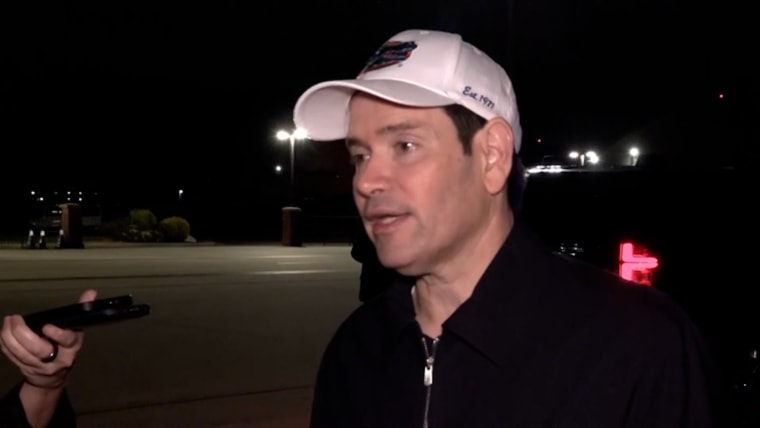Top U.S. officials have hit out at the Israeli parliament's move toward annexing the already occupied West Bank, labeling it an “insult” that could damage Washington's efforts to keep the Gaza ceasefire on track and build toward a more lasting peace deal.
Vice President JD Vance said Thursday that if the vote in the Knesset was a “political stunt, it was a very stupid political stunt, and I personally took some insult to it.” Speaking with reporters, Vance called the vote “weird” and said, “We certainly weren’t happy about it.”
Secretary of State Marco Rubio separately warned Wednesday night as he prepared to depart for Israel that the Knesset's actions could imperil President Donald Trump's plan to end the conflict. Rubio was set to meet with Israeli Prime Minister Benjamin Netanyahu later Thursday.
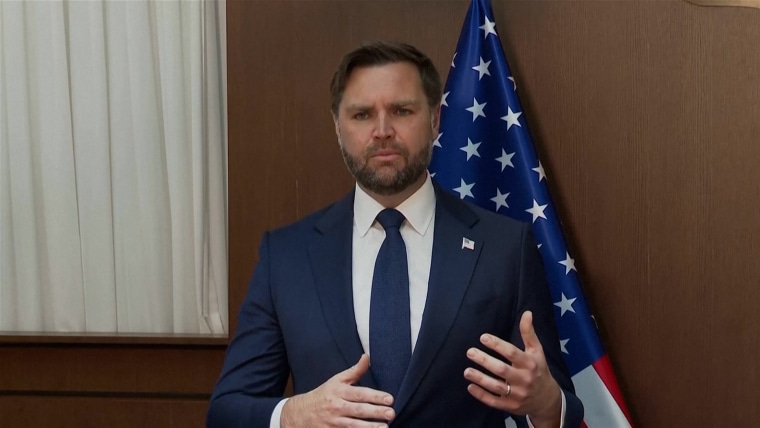
A bill seeking to apply Israeli law to the West Bank, a move seen as amounting to annexation of the land that Palestinians view as part of a future state, gained preliminary approval from Israel’s parliament earlier Wednesday.
“That’s a vote in the Knesset, but obviously I think the president’s made clear that’s not something we’d be supportive of right now,” Rubio told reporters late Wednesday on the tarmac.
Vance, meanwhile, maintained that "the West Bank is not going to be annexed by Israel," adding that that was the "policy of the Trump administration" and that it would "continue to be our policy."
In a statement after their comments, Netanyahu's office said Thursday that the vote was a "deliberate political provocation by the opposition to sow discord" during Vance's visit to Israel.
It said Netanyahu's Likud party did not vote for the bills, except for one "disgruntled" member who it said was recently fired from the chairmanship of a Knesset committee. "Without Likud support these bills are unlikely to go anywhere," it said.
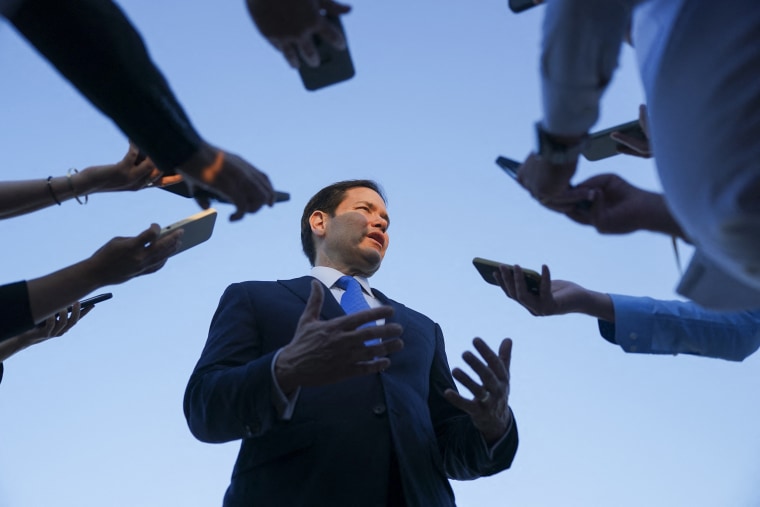
Trump said weeks ago that he would not allow Israel to annex the West Bank. The vote was the first of four needed to pass the law, according to Reuters.
Time magazine reported that Trump said in an interview over the phone last week that Israel “would lose all of its support” from the United States if it annexed the West Bank.
"It won’t happen because I gave my word to the Arab countries," he said. "It will not happen. Israel would lose all of its support from the United States if that happened."
Rubio was the latest U.S. official to make his way to Israel in recent days, on the heels of Vance, Trump’s Middle East envoy, Steve Witkoff, and Trumps son-in-law Jared Kushner.
On Wednesday, Vance sought to emphasize that U.S. officials were not flocking to Israel to babysit the ceasefire in the Gaza Strip after a flare-up in violence raised fears the truce could collapse. He stressed that Israel was a partner, not a “vassal state,” as questions around the next steps in Trump’s peace plan grew.
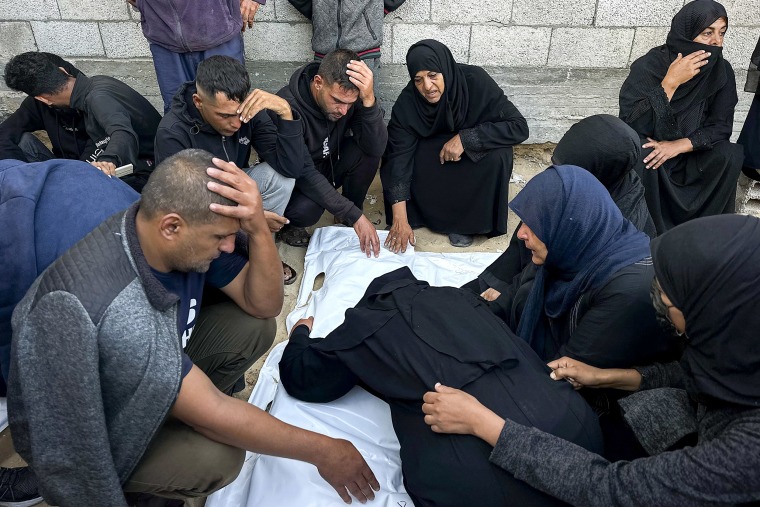
Flashes of violence in Gaza in recent days have threatened to unravel the truce deal, with both Israel and Hamas trading accusations that the other side had violated the fragile ceasefire. The two sides also clashed over delays in returning hostage bodies held by Hamas and ongoing barriers to aid access in the enclave.
Israel captured the West Bank, along with the Gaza Strip and east Jerusalem, in the 1967 Mideast War, and it has defended the expansion of settlements in the West Bank, but much of the international community views them as illegal.
A rise in settler violence and the expansion of Israeli settlements in the occupied West Bank have been viewed as directly imperiling the Palestinian cause and as major impediments to resolving the decadeslong conflict.
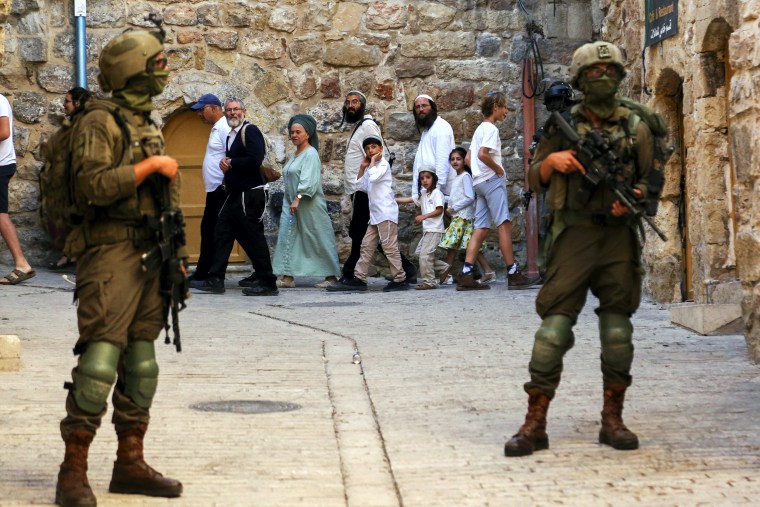
“This is a complex part of the world,” Rubio said Wednesday. “I think every day is going to bring opportunities and it’s also going to bring some challenges, OK? We’re dealing with decades and decades of this stuff.”
Despite warning of the impact the Knesset’s moves toward annexation could have on peace efforts, Rubio still projected optimism over the future of the current ceasefire deal.
“There’s more work to be done, and we know that,” he said Wednesday.
“This is a historic peace deal that President Trump delivered on, and now we have to make sure that it continues and that we continue to build upon it.”
